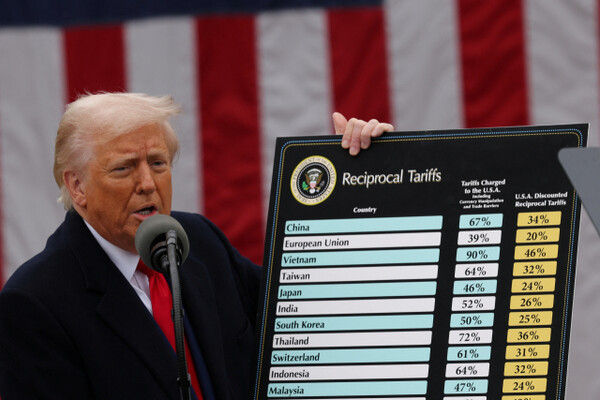Korea Business Expansion – Complete 2025 Guide for Global Companies
Where Global Ambition Meets Local Expertise
South Korea isn’t just setting trends, it’s shaping the global narrative. From cutting-edge technology and the global rise of K-Beauty to the worldwide popularity of K-content, Korea has become a magnet for future-ready brands.
.png?width=1656&height=121&name=rsz_%EB%A1%9C%EA%B3%A0%ED%88%AC%EB%AA%85%20(8).png)









